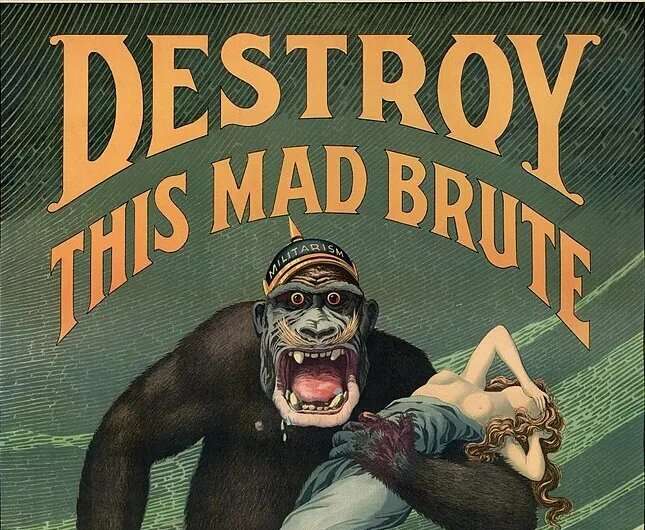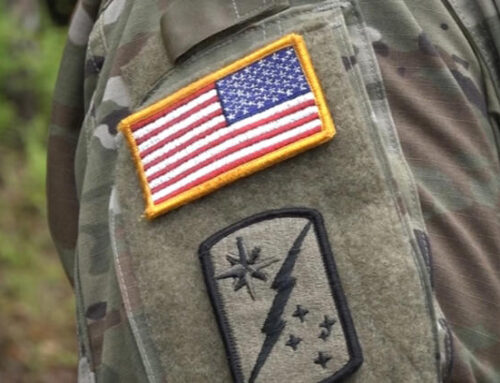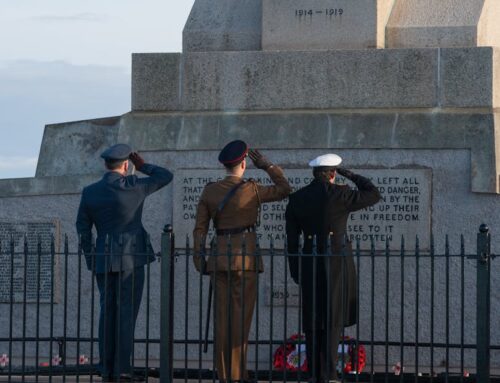US sexually ‘teased’ its troops in the First World War to make them fight harder, historian claims
Published: 7 November 2022
By Tom Almeroth-Williams, University of Cambridge
via the Phys.org web site

us-sexually-teased-its
Destroy this mad brute. Enlist. U.S. Army poster (1918)
The United States Government sought to sexually stimulate then frustrate its soldiers to prepare them for an unpopular conflict in Europe, a Cambridge historian argues.
Recruiting attractive canteen staff; inviting female civilians to closely supervised dances; disseminating alluring propaganda; pressurizing troops to write to women back home; and detaining allegedly promiscuous women to prevent soldiers wasting energy.
These are just some of ways that America’s War Department sought to harness pent-up sexual energy to motivate troops in 1918.
At the heart of this experiment was the Commission on Training Camp Activities (CTCA), a War Department-directed umbrella agency. Previous studies have demonstrated that the CTCA sought to control soldiers’ and women’s sex lives to prevent venereal infection and protect social morality in the US.
The CTCA has been portrayed as one of the last stands of an older generation of moral reformers against the onrush of a liberalizing sexual culture. But Cambridge historian Eric Wycoff Rogers shows that the agency was far more interested in sexuality as a weapon to motivate soldiers to fight.
Motivation
Almost 53,000 American soldiers were killed in the First World War and over 202,000 were wounded.
Initially neutral, the US began to change its position after a German U-boat sank the Lusitania in 1915, and when it was revealed that Germany sought to urge Mexico to attack the United States. But even as their first troops landed in France in June 1917, few Americans fully understood let alone supported this faraway conflict.
In a study published in the Journal of the History of Sexuality, Eric Wycoff Rogers argues that the US Government and military took drastic action to use sexuality to motivate its conscripted soldiers to embrace their roles in the war.
“The war didn’t feel relevant to young American men in the way it did to European men,” Rogers says.
Read the entire article on the Phys.org web site here:
External Web Site Notice: This page contains information directly presented from an external source. The terms and conditions of this page may not be the same as those of this website. Click here to read the full disclaimer notice for external web sites. Thank you.



